Persistent difficulty falling or staying asleep.
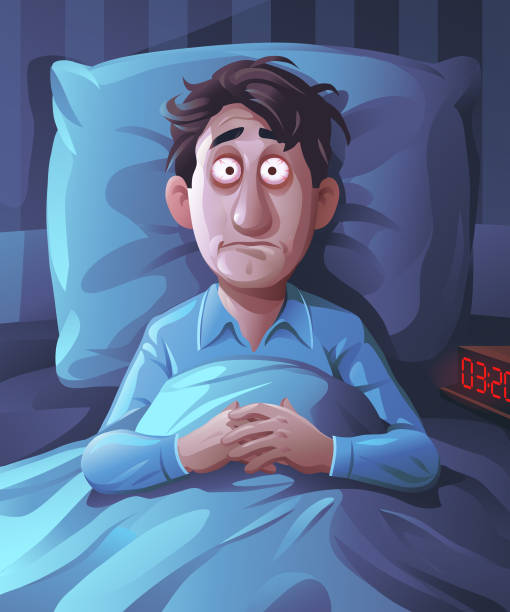
What is insomnia?
Medications used to help regulate mood swings and prevent extreme highs and lows.
Ex: Lithium, Depakote, Lamictal, Trileptal
What are mood stabilizers?
Mental health isn’t just about emotions—it also affects this everyday function that includes focus, memory, and decision-making.
What is cognition (or thinking)?
This type of therapy focuses on changing negative thought patterns.
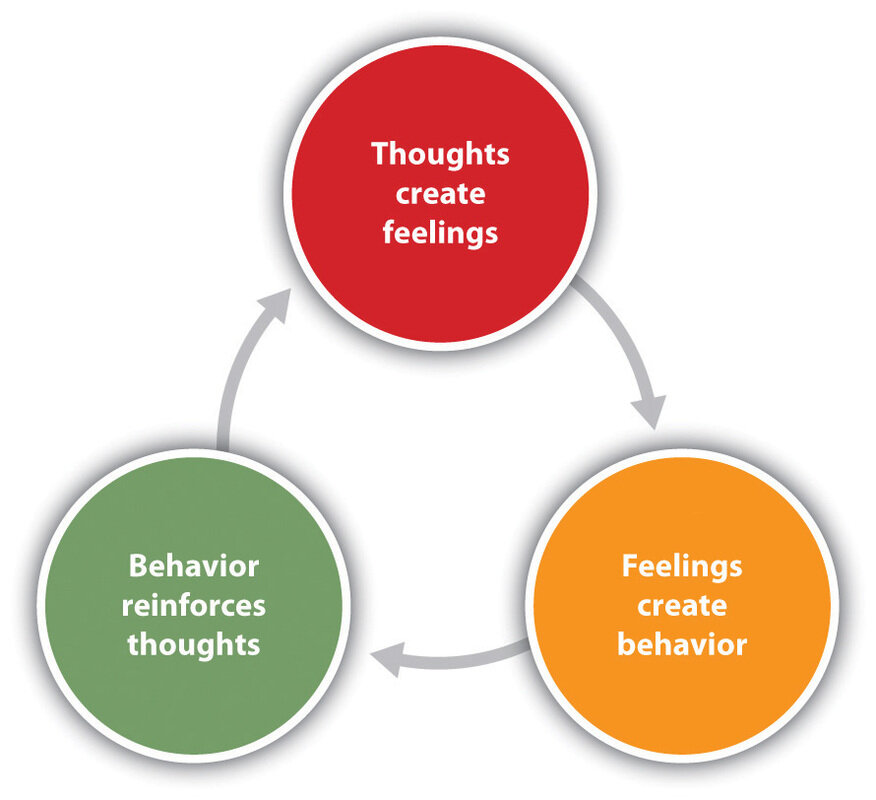
What is cognitive behavioral therapy (CBT)?
This disorder involves persistent and excessive worry about various aspects of life, often without a clear or specific cause, and is accompanied by physical symptoms such as restlessness and muscle tension.
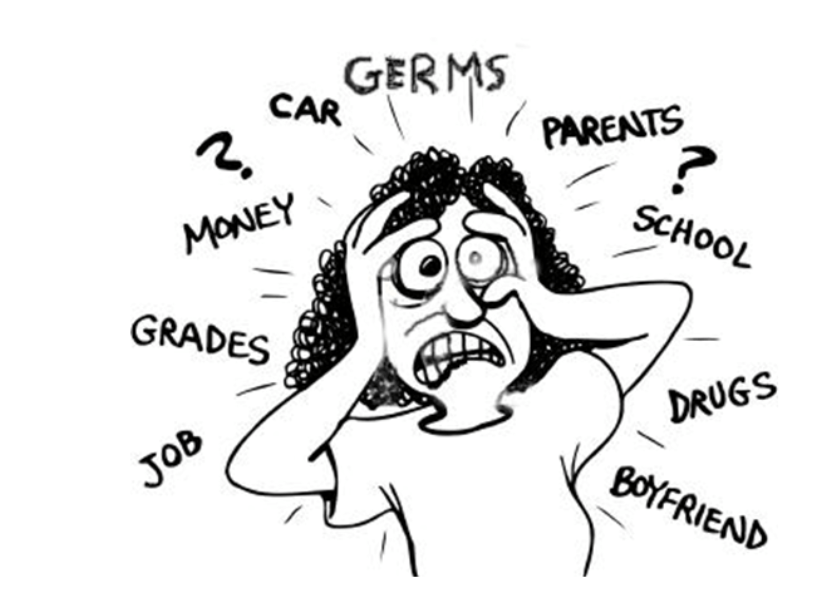
What is Generalized Anxiety Disorder (GAD)?
A sudden feeling of intense fear or discomfort that reaches a peak within minutes.
What is a panic attack?
This type of medication is primarily used to treat depression and anxiety by adjusting neurotransmitters like serotonin.
ex: Fluoxetine (Prozac), Sertraline (Zoloft), Escitalopram (Lexapro)
What are antidepressants?
This neurotransmitter is often called the “feel-good chemical” and is commonly linked with depression, though it’s only one part of a complex system.
What is serotonin?
This therapy integrates mindfulness and acceptance strategies with behavioral change techniques to treat borderline personality disorder.

What is dialectical behavior therapy (DBT)?
This disorder is characterized by persistent feelings of sadness and loss of interest.

What is depression?
This symptom involves feeling disconnected from one's own thoughts, feelings, or sense of identity, and can manifest as feeling like one is observing themselves from outside their body.
What is depersonalization (or disassociation)?
SSRIs are usually prescribed for this type of disorder, characterized by persistent sadness and loss of interest.
What is depression (or major depressive disorder)?
While behavior can seem irrational, mental illness often disrupts this brain system, which controls mood, motivation, and decision-making.
What is the limbic system?
This therapeutic approach encourages patients to accept their thoughts and feelings while committing to behaviors aligned with their personal values, rather than trying to control or avoid internal experiences.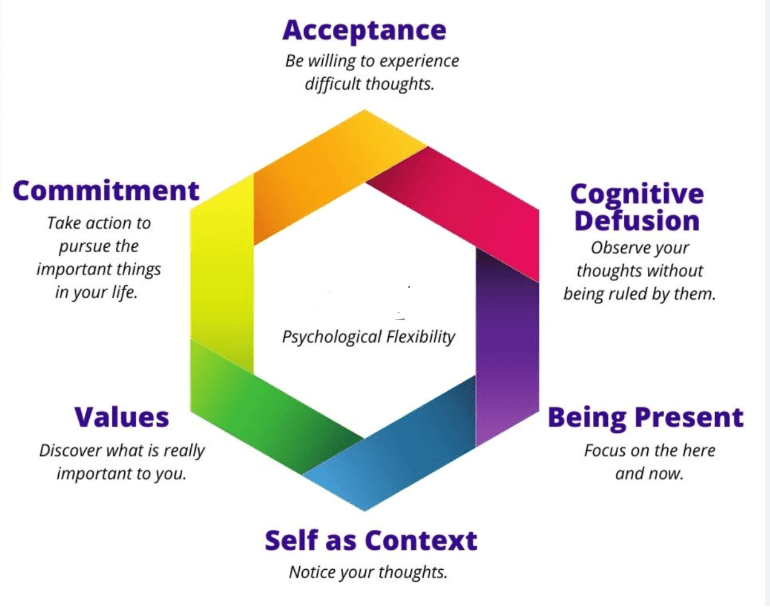
What is ACT?
A mental illness characterized by abnormal interpretation of reality, frequently including hallucinations and delusions.

What is schizophrenia?
This term describes a false belief, not based in reality, often seen in psychotic disorders.
What is a delusion?
Medications prescribed to treat distorted thinking, hallucinations, and delusions.
Ex: Haldol, Zyprexa, Vraylar, Abilify, Invega, Risperidone
What are antipsychotics?
This term refers to the brain’s ability to reorganize itself by forming new neural connections—critical in mental health recovery.
What is neuroplasticity?
A therapy that helps clients process and resolve traumatic memories by using bilateral stimulation, such as eye movements or tapping.

What is Eye Movement Desensitization and Reprocessing (EMDR) therapy?
A condition characterized by alternating periods of mania and depression.
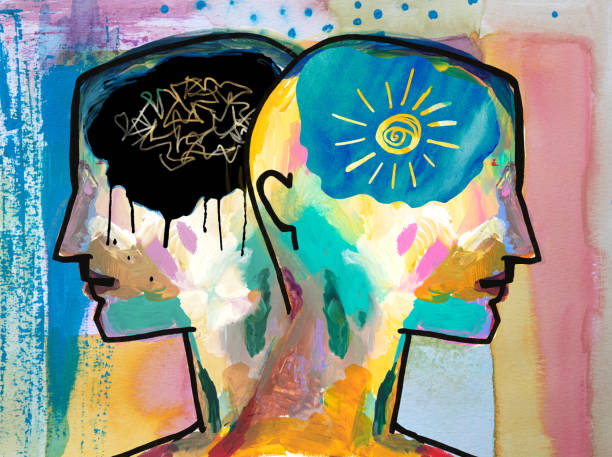
What is bipolar disorder?
Repetitive behaviors or mental acts that a person feels driven to perform in response to an obsession.
What are compulsions?
It usually takes this many weeks before SSRIs show their full therapeutic effect.
What is 4 to 6 weeks?
People often think mental illness is a sign of weakness, but it actually results from a combination of these three factors.
What are biological, psychological, and environmental factors?
This treatment modality is based on principles of operant and classical conditioning to modify behavior.
What is behavioral therapy (or applied behavior analysis)?
This disorder is characterized by unstable relationships, self-image, and emotions, often with impulsive behavior and intense episodes of anger.
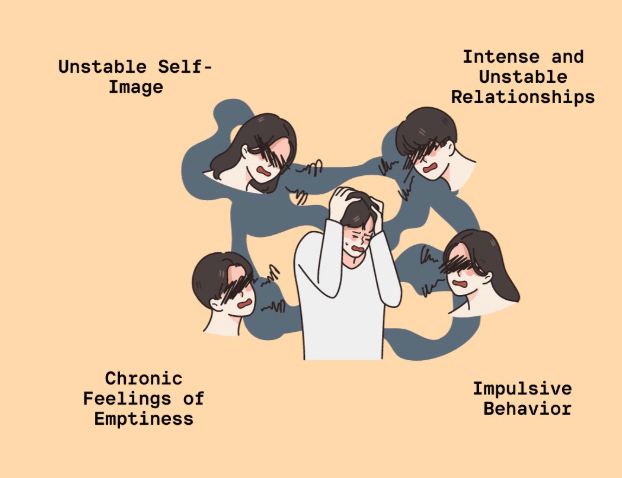
What is Borderline Personality Disorder(BPD)?